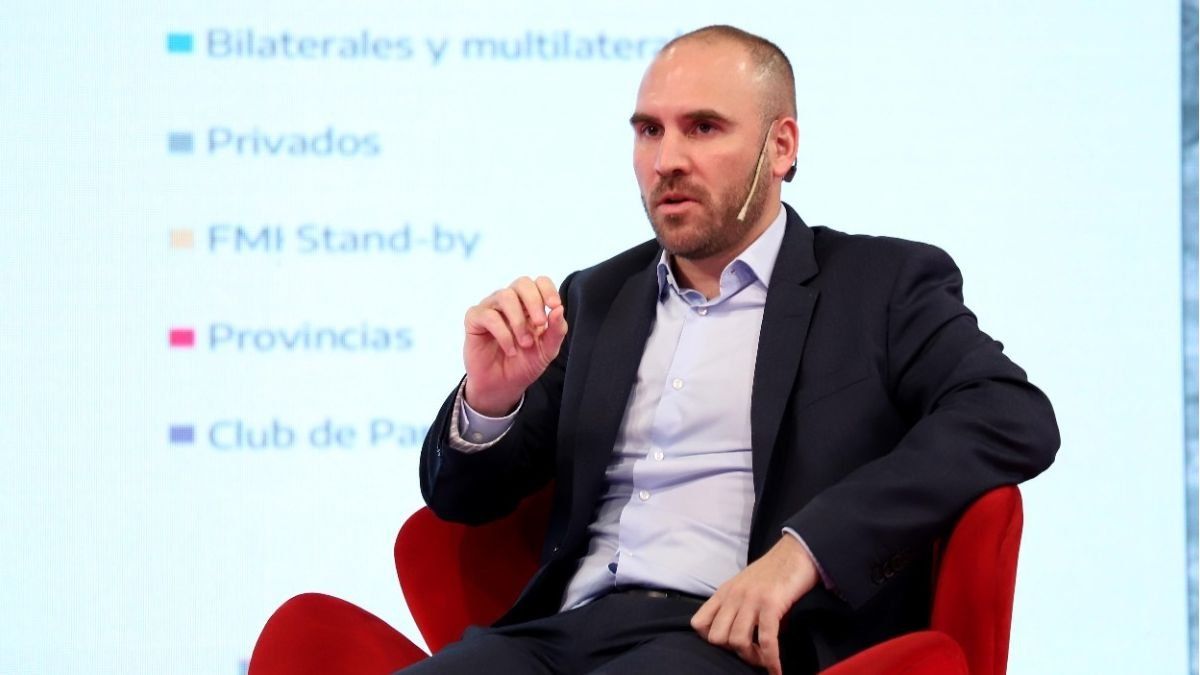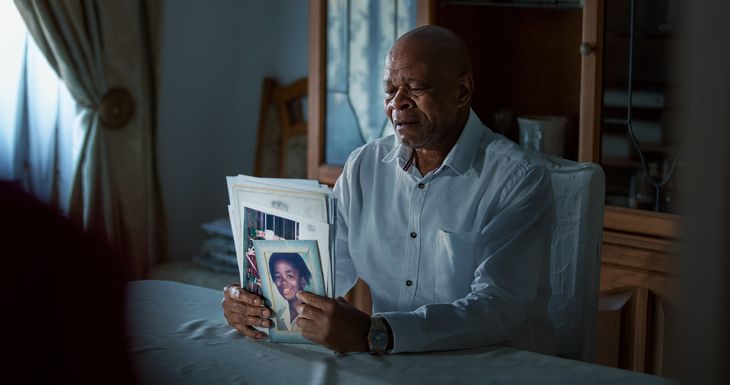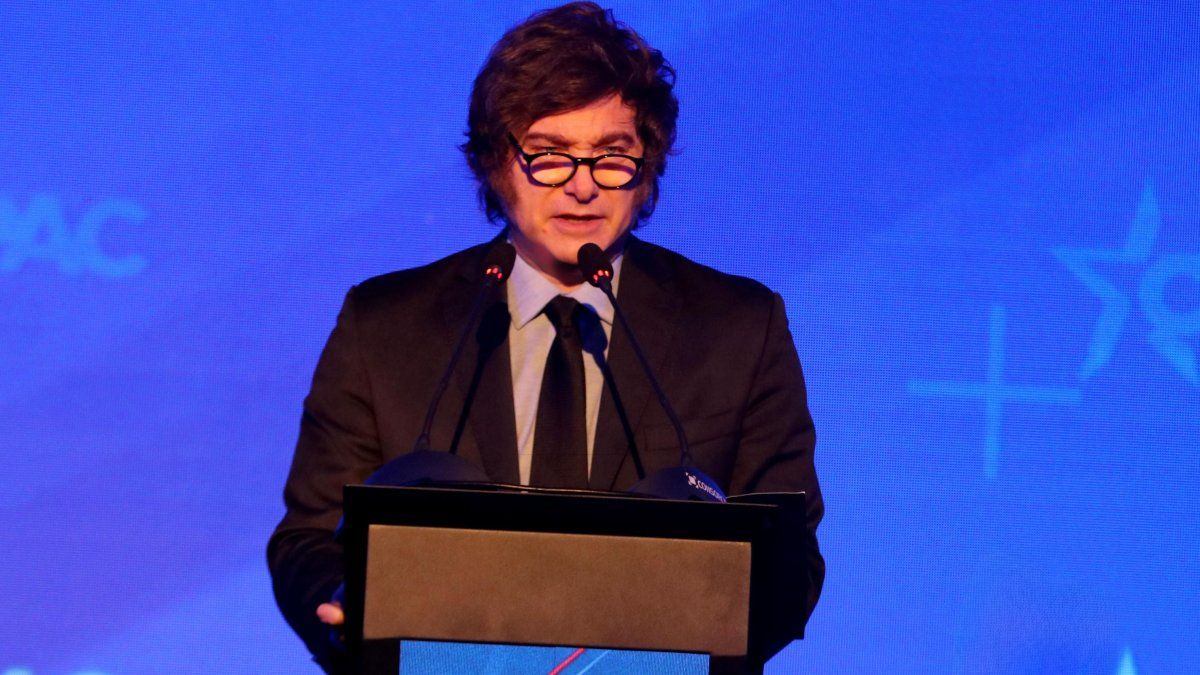Meanwhile, the multi-year plan will be presented when an agreement is reached with the staff. “The multi-year plan will contain the bases of what was agreed with the IMF that will then be sent to Parliament for approval,” they comment in official sources.
In train to involve all the actors with the negotiation “which is an issue for all Argentines”, next week the Minister of Economy, Guzmán will make a presentation on the negotiations with the IMF to the representatives of the parliamentary benches, reported the sources.
The official intention is to involve the provincial leaders to have “centrality”, just as when we presented the exchange to the private parties, “they explain in the Casa Rosada.
Details
“The objective is to achieve a surplus in public accounts to pay the debt, but without compromising the economic recovery ”, They clarified while highlighting the good numbers that he left last year.
They explained that the GDP grew 10%; there was a recovery in the activity rate, unemployment fell, 420,000 new jobs were created in the private sector, there was a drop in state employment, investment rose in the order of 35%; the monetary issue was half of that registered in 2020, the primary deficit in 2021 will be close to 3% in 2021, among other good indicators.
The obstacles in the negotiation, according to official sources, would not be linked to structural reforms which demands an Extended Facilities agreement. In this sense, the country is willing to improve the conditions to facilitate exports as well as to aim at a reform of the capital market.
“In Argentina there is an inability to generate foreign currency at the speed of what the loan requires, we are working on structural reforms that are all to achieve more dollars and a capital market in pesos “, they explain in economics.
What’s more, they clarify, “At this point there are no differences with the Fund.” From where it is inferred that the problem would be located on the fiscal path (in what time the surplus is reached).
They also acknowledge that no “There is international consensus regarding the needs of Argentina” but they avoided identifying the opposing countries.
In any case, the first stumbling block has not yet been overcome, which is to reach a pre-agreement with the IMF staff before being referred to the Board for analysis where the representatives of the countries are.
Inflation
Another point of the negotiation with the IMF is that the organization recognizes the importance of price agreements to lower inflation.
For this purpose, this Tuesday Minister Martín Guzmán summoned businessmen to a luncheon to, within the framework of the negotiations with the Fund, comment on them the importance of setting a price and income agreement scheme.
The Government is convinced of the importance of this tool, and according to official sources, “The Fund also made it explicit in its report where it evaluated the loan granted to the government of Mauricio Macri.”
Moreover, the staff would be pending to know the price scheme that can be agreed with the private sector since they consider that there is a collective responsibility regarding this issue.
The economic axes for the Casa Rosada go through maintaining economic growth and, in this sense, the bet is on the recovery of real wages.
Bookings
One of the aspects of official concern is the shortage of net reserves of the Central Bank, in front of a scenario of payments that only in January and February will demand more than 1,000 million dollars.
At this point, the government admits that it is considering, within the framework of the agreement, to receive cool backgrounds equivalent to the Special Drawing Rights, -about 4.3 billion dollars- to offset the payments made.
It should be remembered that this month the payment obligation to the IMF is 731 million dollars and in the Palacio de Hacienda they acknowledge that they hope to “renegotiate them.” Meanwhile, in February it is 372 million dollars and in March it reaches almost 3,000 million.
The meetings between the Fund’s staff and the economic team continue virtually and it is not foreseen that a mission will come.
The Minister of Economy will make contact in the next few days with Ilan Goldfajn, the new director of the Western Hemisphere Department of the Fund, the replacement of Alejandro Werner.
The truth is that there is still no agreement with the IMF staff and the government, in a strategic turn, decided to involve all actors in society.
Source From: Ambito
David William is a talented author who has made a name for himself in the world of writing. He is a professional author who writes on a wide range of topics, from general interest to opinion news. David is currently working as a writer at 24 hours worlds where he brings his unique perspective and in-depth research to his articles, making them both informative and engaging.




